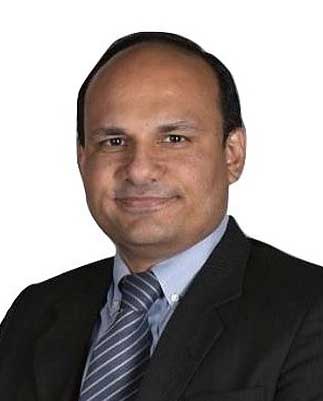Russia record first coronavirus vaccine in the universe. The World Health Organization has not received enough detail on the Russian COVID-19 vaccine to analyze it. Worldwide coronavirus cases have outstripped 20 million, with Brazil and Mexico reporting a joint 27,000 infections in only one day. Approximately 12.2 million have recovered, and nearly 735,000 have died from the disease. Coronavirus vaccine is evolved by Gamaleya Research Center and is registered by country’s Health Ministry. Putin said that the vaccine trials provided good results, with all volunteers having expanded immunity to the coronavirus. He stated that one of his own two daughters was among the vaccine’s first beneficiaries. Following inoculation she had a high temperature for two days, then developed immunity, and new tests revealed a high level of antibodies against the virus. Putin emphasized that the vaccination will be free of charge. It will be directed through two injections to lengthen the immunity. In the first phase, doctors, the elderly, and teachers will be immunized. Extensive vaccination is to start in October. The new coronavirus has stretched to about 188 countries and territories. The US is foremost with the most established infections with approximately 5.09 million, followed by Brazil with excess 3 million cases and India with 2.27 million.
Russia is among the harshest-hit countries. Russia’s coronavirus vaccine aroused fury over safety. The immunization is the first approved for widespread use but could be perilous as it has not been tested in extensive trials. It could also obstruct global trial to advance quality COVID-19 immunizations. Extensive vaccination with wrongly tested vaccine is immoral. Any challenge with the Russian vaccination campaign would be destructive both through its adverse effects on health, but also as it would further hinder the acceptance of vaccines in the public. Western scientists were dubious , with some alarm that moving too hastily on a vaccine could be high-risk , but Russia condemned criticism as a trial to sabotage Russia’s research. The WHO’s stated it was in touch with Russian health authorities but that it was too quick for any WHO approve. To approve any vaccine includes the painstaking examination and appraisal of all the requisite safety and effectiveness of data. Many scientists cautioned of the risks of hastening to approve a vaccine.
The head of Russia’s sovereign wealth fund, which is financing and supporting to coordinate the vaccine production, said Stage 3 trials would start very soon. Industrial production would start from September and that about 20 countries had made introductory applications for above one billion quantities of the vaccine. Combined with foreign partners Russia was prepared to manufacture 500 million quantities of vaccine per annum in five countries. Russia has said that is not forcing this vaccine on anyone. The pandemic has witnessed landmark tapping of funding and research to go through a vaccine that can prevent billions of people universally. The WHO pressed Russia to follow accepted guidelines and examine all the steps necessary to advance a safe vaccine.
Researchers all over the universe are advancing more than 165 vaccines against the coronavirus, and 30 vaccines are in human contest. Vaccines ordinarily require years of research and testing before reaching the clinic, but scientists are competing to produce a safe and useful vaccine by next year. Work started in January with the understanding of the SARS-CoV-2 genome. The first vaccine safety trials in humans started in March, but the road advance remains dubious. There may be failure and there without an understandable result. Scientists give the vaccine to animals for example mice or monkeys to judge if it produces an immune reply. It give the vaccine to a very less number of people to test protection and prescription along with to establish that it produces the immune system. Scientists give the vaccine to several people divided into groups, for example such as children and the elderly, to examine if the vaccine acts dissimilarly in them. These contest increase test the vaccine’s welfare and strength to invigorate the immune system. Scientists give the vaccine to several thousands of people and wait to see how many become infected, compared with volunteers who received a try- on. These trials can determine if the vaccine protects against the coronavirus. In June, the FDA said that a coronavirus vaccine would have to safeguard at minimum 50 percent of vaccinated people to be calculated effective. Further Phase 3 trials are sufficient to disclose proof of comparatively odd side effects that might be missed in earlier studies.
Officials in each country see again the trial results and decide whether to recommend the vaccine or not. Through a pandemic, a vaccine may receive crisis use authorization before getting formal approval. Beforehand a vaccine is licensed; researchers continue to check people who receive it to make sure it’s secure and enforceable.
Russian first coronavirus vaccine
Sign in
Welcome! Log into your account
Forgot your password? Get help
Password recovery
Recover your password
A password will be e-mailed to you.




